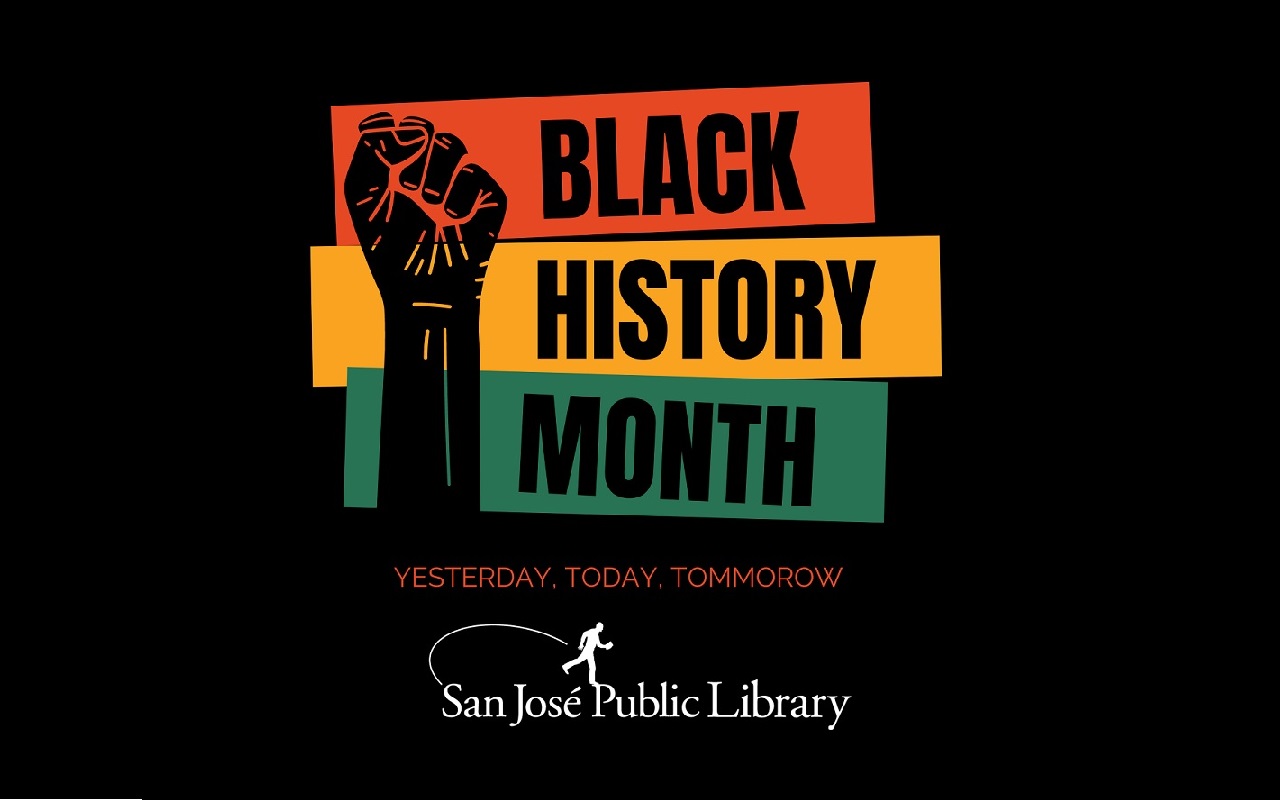
I celebrated Valentine’s day yesterday mostly grumbling about how Goldbelly, UPS and winter had ruined my dinner. My husband of course tried to console me by holding my hand and telling me that next year we would maybe be able to go out to dinner. When I looked down at our intertwined hands it struck me that the year my brother was born, 1962, my own marriage would have been illegal in many states. In California, my marriage would have been illegal when my mother was born in 1943. It made me squeeze his hand a little harder to which he assumed that I was feeling better about dinner (I'm going to be mad until next week).
My household is multi-racial; I am Black, my daughter bi-racial and my husband White. Today, my family may not seem radical, though in some areas that may not be true as racism on such personal levels still exists as we all know. I can say I have rarely experienced people questioning my marriage or having concerns, especially not now though they were more common when we first started dating. Additionally, I have seen an increase in multi-racial families in commercials, especially car commercials (sneaky advertising you already got me!). This increase makes me think that at least in marketing it has been identified that multi-racial families are common and should be marketed to.
Separate in Life and Death
In many parts of the country, it was illegal for Black people and people of other races to intermingle. Schools were separated by race, where people could eat was separated by race, bathrooms, shopping centers, hospitals and even cemeteries were separated by race. These rules were put into place due to the belief that racial mixing could cause mental health problems and financial ruin. Over time, these ideals became part of very fabric that not only shaped policy but everyday life under Jim Crow.
Some of the laws that fell under this umbrella of Jim Crow were the anti-miscegenation laws. This racist dogma was rooted in the idea that people of different races shouldn’t marry and produce offspring. However, if you look at the DNA of many Black Americans with slave ancestry, you will find that racial mixing did occur often, though these encounters were most likely coerced and un-wanted. In cases where these were love matches there was laws dating back to the 1660s that prohibited the practice, though like all things people found ways around these laws, the extent is up for debate. My own grandfather’s birth was considered illegal under these laws, as in census records he is identified as a mulatto. One of the unspoken reasons is such unions could result in people fair enough in complexion to pass for other races including White. This racial blurring of the lines was seen as undesirable and why often Black people do not question fair skinned Black people as being access to Blackness. It would be this very reason my own grandfather would eventually lose his life.
Anti-miscegenation or marriage laws based on race were legal in California until the Pérez v. Sharp ruling in 1948 that struck them down. This would be 19 years before Loving V. Virginia's ruling in 1967 by the Supreme Court at the federal level that would make marriage laws that limited who could marry based on race illegal. This change allowed for marriages like my own to be legally protected and not a jail-able offense.
Love and Black Lives
My husband and I are lucky overall. We agree on most major social issues and how they should be handled. It was because of these shared values I was attracted to him, though dating outside of one’s racial background presents its own challenges. On race, he has decided to defer to whatever my opinion is when it comes to major talking points when we are together. He also has a personal policy to have supportive view points on issues that effect Black people and be willing to defend them when we are apart. However, that has been a struggle for some of my friends in multi-racial households, especially those with children.
There is a fallacy that mixed race relationships can solve racism - they can’t. Transracial adoptions can’t solve racism, though they can provide a child in need with love and stability. People can often have conflicting identities of what they do and what they really believe. What matters are actions, to not be color-blind and honestly see people and their struggles. It also means admitting when we do have conflicting views that are problematic we actively work to make changes. If we can do that we not only will have more loving relationships but a better society.


Add a comment to: Celebrate Black History Month: On Love